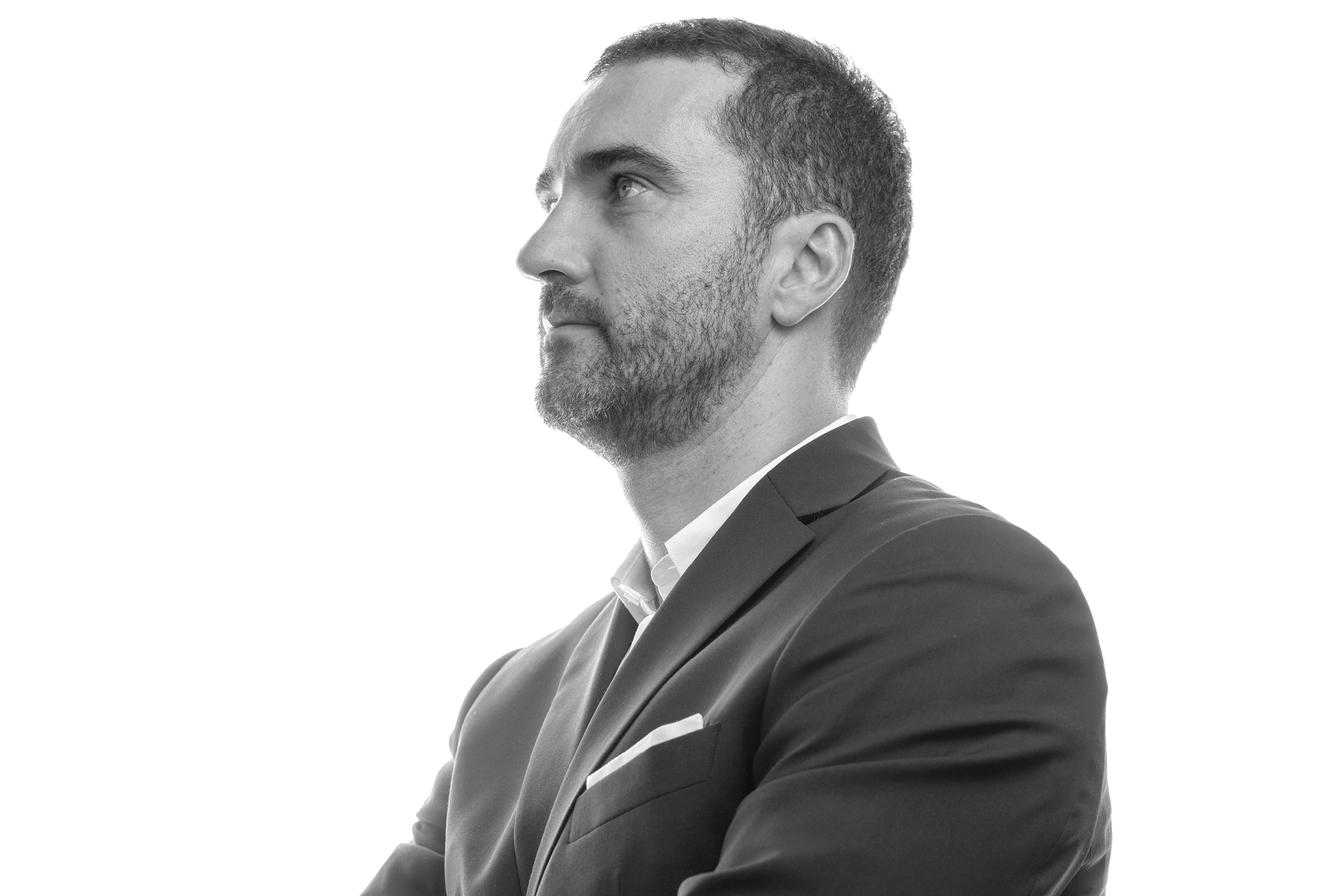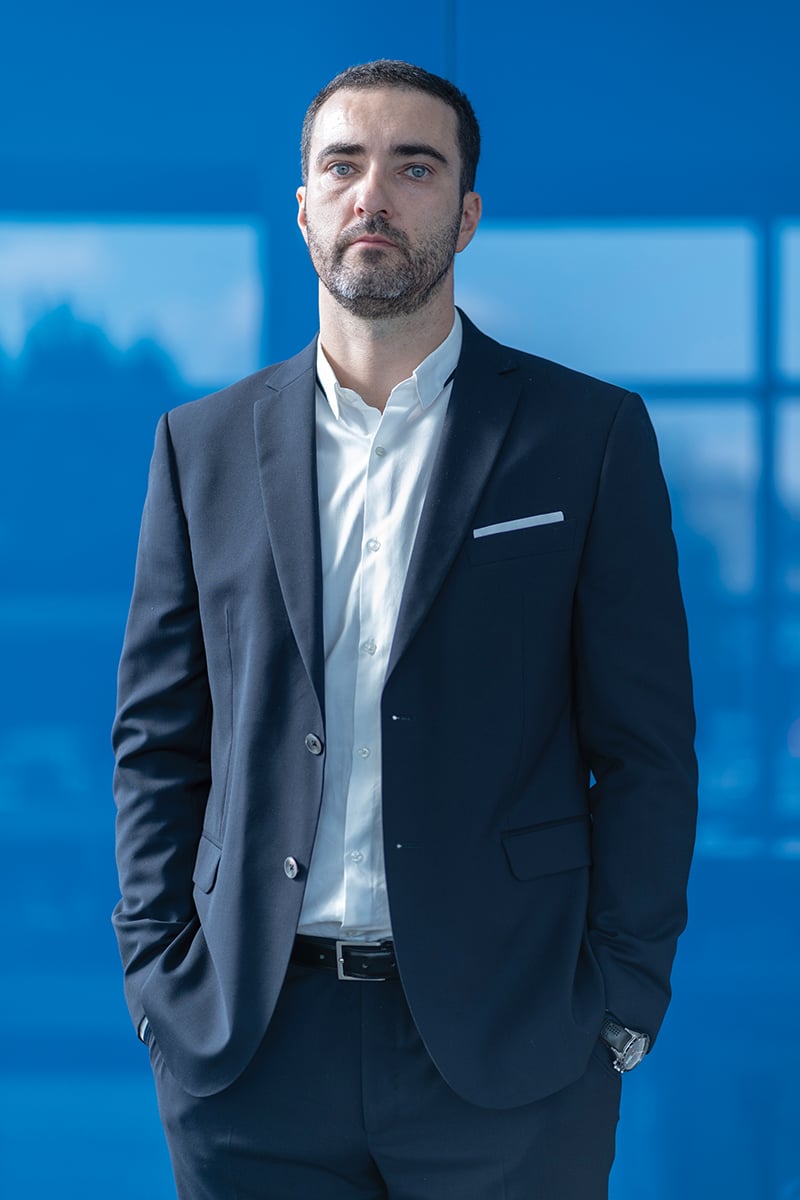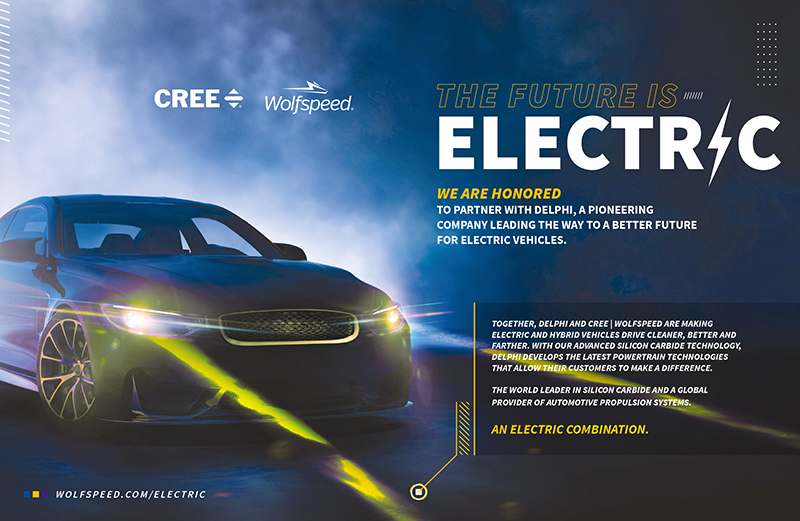When the nine-year-old son of Bogdan Bereanda, Vice President and Managing Director of Delphi Technologies Asia–Pacific, made a presentation at school, he told his classmates his dad was working to improve the pollution in Shanghai.

“I felt proud to see what we do through my son’s eyes. We don’t realise it in the day-to-day.” Making vehicles drive cleaner, better and further is the company’s mission and every day, each member of the team is helping to build a cleaner and greener future.
Delphi Technologies is a market leader in vehicle propulsion technologies and systems. The company’s objective is to make vehicles with cleaner emissions and better performance that drive further on any source of power.
Based in the UK, the company operates in 24 countries, employs about 20,000 worldwide, including 5,000 engineers, scientists and technicians. In 2019, the company recorded an annual revenue of US$4.4 billion. Born in Romania, Bogdan studied in France before joining Delphi Automotive in 2005 and, in 2015, he moved to Shanghai in China.
“When I joined, Delphi Automotive was a huge US$20 billion company with many product lines, but it wasn’t making money,” he remembers. “Not long after, the company went into Chapter 11, which was a complicated but exciting time.”
A period of change followed with a significant restructure, a reduction of product lines and the emergence of a new profitable company spun off from the powertrain business into a new company, Delphi Technologies.
“I experienced unprecedented things,” Bogdan reflects. “You learn more when you’re challenged. Through the changes I’ve experienced in my 14 years with the company, understanding business transformation and change management has been the defining learning curve.
“All the knowledge I’ve acquired has been because of this. I’ve been lucky to live it and execute every aspect of a business transformation.”
Embracing change
“The automotive industry is going through a major disruption,” Bogdan says. “Mobility as we know it is about to change.” The change he is referring to is vehicle electrification, connectivity and autonomous driving. In fact, by 2030, it’s projected more than 50% of vehicles will be electrified.
However, Delphi Technologies is ahead of the curve and already has the pioneering products and capabilities to lead with a focus on electrification. Coming out of Chapter 11 as a smaller company but with the right products, the right global footprint and the best team, it became very profitable very quickly.
“We’re moving from a business model that’s remained unchanged for 50–80 years to a completely different model, where the end-car consumer behaviour is changing and will continue to change. To embrace the disruption, we have to act like we own it. We don’t have time to wait for someone to tell us what to do,” Bogdan says.
“For Delphi Technologies, electrification is not just a future strategy that everybody now wants in their portfolio. We are living it. We’ve had people engaging in this product for 25 years.” The company is quickly moving towards electrification from hybrid to full electrical, with a vision of being the pioneers in propulsion technologies, solutions and services.
“It’s very simple – we ask ourselves what technology we need now and what we need in the next five years,” Bogdan says. “We then ask what we can do by ourselves and what strategic partnerships we need to bring that technology to the market.”
Cultural understanding
Asia continues to be Delphi Technologies’ ‘headquarters’ for electrification globally, with Asia providing the fastest growing electrification revenue. “China represents the biggest automotive market globally. It has driven industry growth over the past 10 years,” Bogdan explains.
“This is driven by fast urbanisation in Asia, and changing behaviours of the end consumers and their expectations from their cars. The young generation have much higher adoption rates.
“Asia is leading from every aspect and has the most developed supply chain and talent pool. Every six months you see a major change – from changing legislation and technologies, failures or successes of new electrified platforms to supplier challenges. It’s moving fast.”
Doing everything the asian way is a must for the company.
Delphi Technologies boldly moved the headquarters of its electronics and electrification business unit to Shanghai four years ago. “We saw the trend and we acted,” Bogdan says. “Now we manage the global business from China and can react very quickly.” Operating in the reality of the Chinese market requires flexibility and speed.

“We’ve tried to operate like a global business while adopting the standard of the market we’re operating in. We’re designing and producing locally to embrace local needs and we’re moving faster than others to do this,” he adds.
Understanding and respecting the different regional influences has also been a factor in the company’s success. “Doing everything the Asian way is a must for the company,” Bogdan says.
Customer Centred
“I act like it’s my own business and I push the team to act like owners and behave with respect and integrity,” Bogdan says.
“I encourage them to think like the customer and for the customer. For the first time in almost two generations, our industry is changing. By being more agile and thinking like the end customer, we’re in a position to make customer-focused changes.”
Delphi Technologies is approaching things differently by moving out of the traditional supply chain model. “Managing the automotive supply chain is evolving to a different management culture and business behaviour,” Bogdan says.
The automotive industry is going through a major disruption. Mobility as we know it is about to change.
“It’s intense and exciting. We need to be open-minded by partnering with customers and startups to develop new technologies and products together. We have three or four partnerships where we actively develop and bring innovation together to the market, and we do it with speed. It’s a new business model.
“I have a very simple view: you can’t be good at everything. By being flexible and having open partnerships with technology leaders and good supply chain management, we can adjust to the opportunities the market offers.
“Electrification is the beginning of the journey. The innovation is there and will continue to be the major driver of costs and product development. This industry revolution, with its challenges and opportunities, drives me.”
Team strength
According to Bogdan, Delphi Technologies’ biggest asset is undoubtedly the people. “Every day I learn from the customers, the team and our suppliers,” he says.
“The diversity of the people, the diversity of their backgrounds and the diversity of their cultures – it’s what makes me better. We’re paying a lot of attention to having people who are intelligent, passionate and who embrace all this excitement around our industry.” So what makes a great leader?
“A leader should be bold, caring and authentic,” Bogdan says. “A leader should also walk the talk – in Asia, actions speak louder than words. I place a lot of value in people with character who act with honesty and try to do the right thing, especially during these challenging times. I care about the team and stay very authentic – I expect the same from them.”
The Delphi catchphrase, ‘Be the difference’, isn’t just something they say. It’s what they do. “I’m optimistic and have a strong can-do attitude,” Bogdan says. “My team need to have the same attitude – they try hard to deliver, regardless of obstacles.
“I praise accountability and involvement. I encourage people to take initiative and give their best. This can create mistakes, but that’s OK as long as you learn from these mistakes. It’s a way of moving forward. I’m not perfect, and I don’t expect people working for me to be either.”
But it’s not all about work for the team at Delphi. “I want the team to have a proper work–life balance and take time for family and friends,” Bogdan laughs. “It’s important to empty their brains from their work and to live, not just work.
“Honestly, when I look back, I think I was lucky to have these challenges and experience from a young professional age. These opportunities have helped me evolve as a person. I’ve learned from the organisation transformations that I’ve experienced. I think I was here at the right moment in time.”
Proudly supported by:



